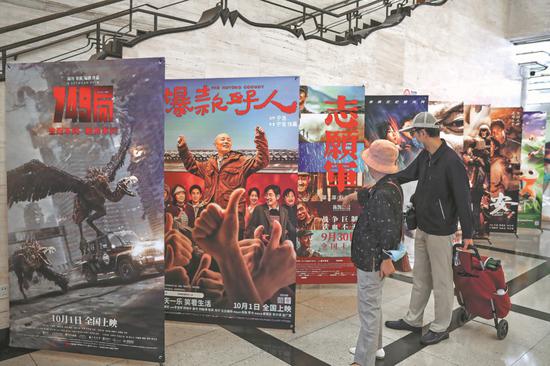
The University of South Carolina is facing a chorus of criticism for scheduling a “comedy roast” of Vice President Kamala Harris this week. Wednesday’s event will be hosted by former Breitbart News editor Milo Yiannopoulos and Gavin McInnes, the co-founder of Vice magazine and founder of the Proud Boys, which the FBI classifies as an extremist group with ties to white nationalism. More than 20 student groups are protesting the event.
The NAACP has called on the school to shut this event down. State Sen. Tameika Isaac Devine wrote a letter urging USC President Michael Amiridis to do the same.

State Rep. Leon Howard called for a boycott of USC games over the roast. And Courtney McClain, former president of the state’s NAACP youth & college division, wrote a petition asking the school to cancel the event because it “encourages the use of racism, homophobia, and sexism.
” Her petition has more than 26,000 signatures. But USC hasn’t wavered. Rather, Amiridis wrote, “We remain steadfast in safeguarding the First Amendment rights of our students, even when we may be offended by their choices and statements.
” One of the hardest things about defending speech is that it’s largely about a set of norms. As a public university, USC has constitutional free speech obligations, but not even the power of the First Amendment can change culture. When support for free speech begins to erode, reversing that trend can be like trying to change a frat party into a book club.
But USC has managed to do it. Over the past year, the school improved speech culture on its campus more than any college in America. Every year, my organization, the Foundation for Individual Rights and Expression, publishes its College Free Speech Rankings .
Last year, USC was ranked as one of the worst colleges in the country for free speech. In fact, it ranked third from the bottom at 246. But this year, the school made the largest improvement of any other, coming in at 34.
So how did USC flip the script so dramatically? One aspect of low-ranked schools is that their students display a bias for allowing speakers who share their perspectives and oppose those who don’t. Another is that students tend to use or approve of disruptive or even violent means of protest against speech they dislike. The goal of such protests is typically what we call “deplatforming,” which can include calls to sanction students, student groups, faculty or campaigns to disinvite speakers.
But when USC administrators saw the school’s abysmal ranking last year, they didn’t dispute the data. Instead, they worked directly with FIRE to obtain a “green light” rating — FIRE’s highest rating for free speech. This means a school has no policies that seriously threaten free speech.
Last year, USC received a “yellow light” rating, indicating that it restricts some speech, either directly or through vague language. A “red light” indicates clear and substantial speech restrictions. Thanks to strong leadership and clear messaging on free speech values, survey data show that USC students now feel more comfortable expressing their views on a variety of topics.
Indeed, most of the school’s boost in ranking was due to this shift in student perception. The school improved by 45 points overall, but only 15 of those points came from improved speech policies. Two-thirds of the improvement came from improvements in student perceptions of the campus climate.
By taking a stand and working to change key policies, USC triggered a sea change in the culture of free speech on its campus. I hope other schools will take notice and follow suit. Their students deserve nothing less.
David Volodzko is a writer and editor at the Foundation for Individual Rights and Expression, a Philadelphia group that focuses on college campuses..














